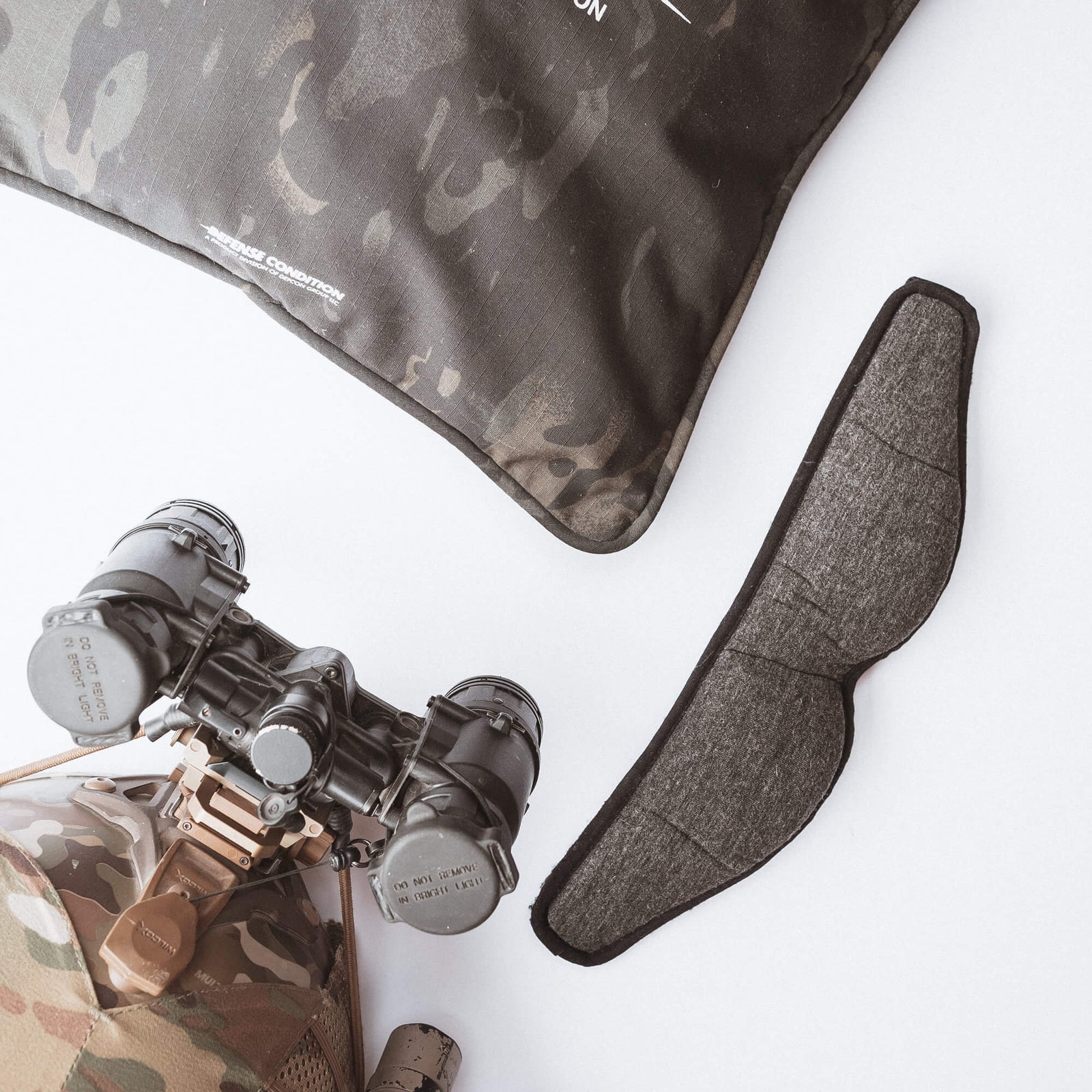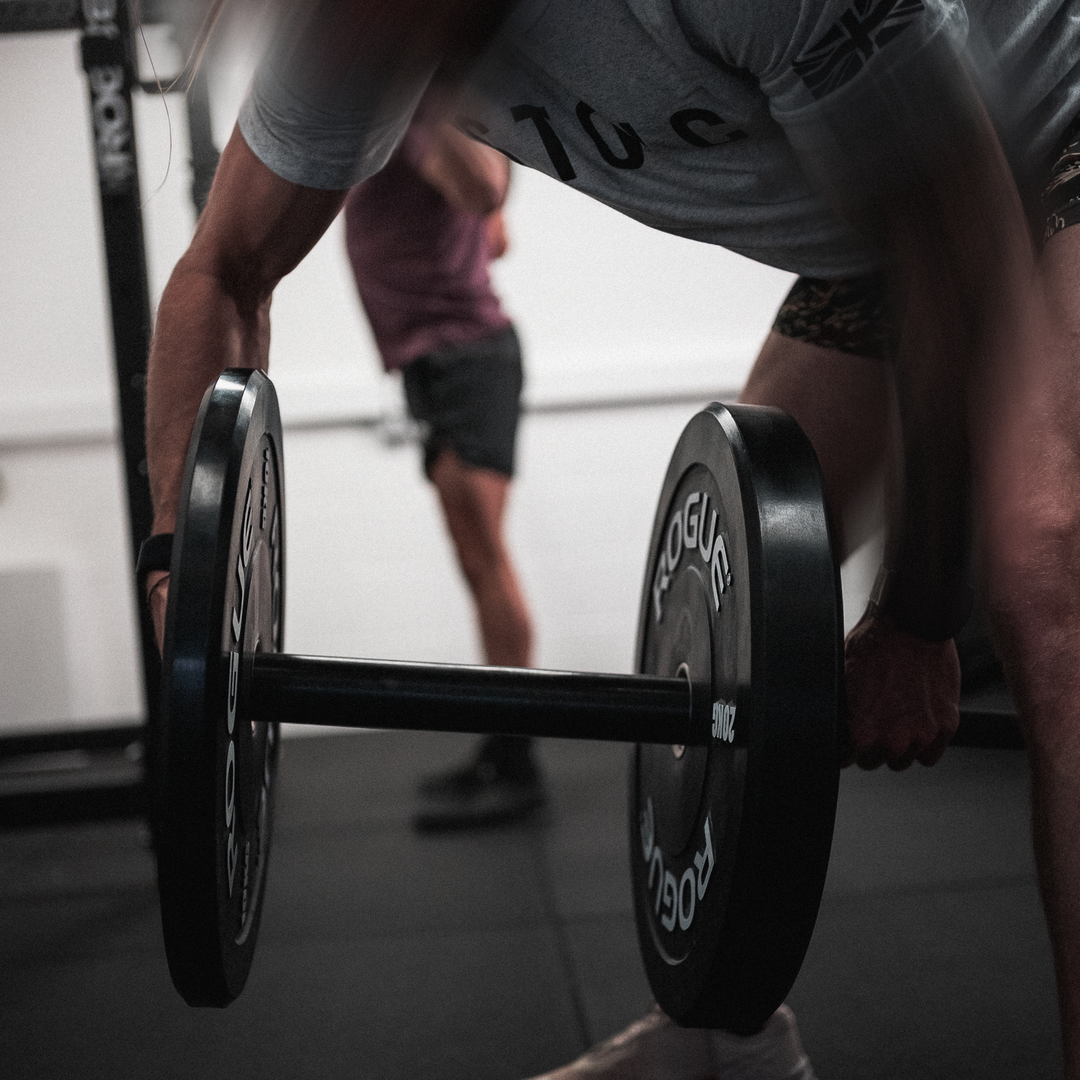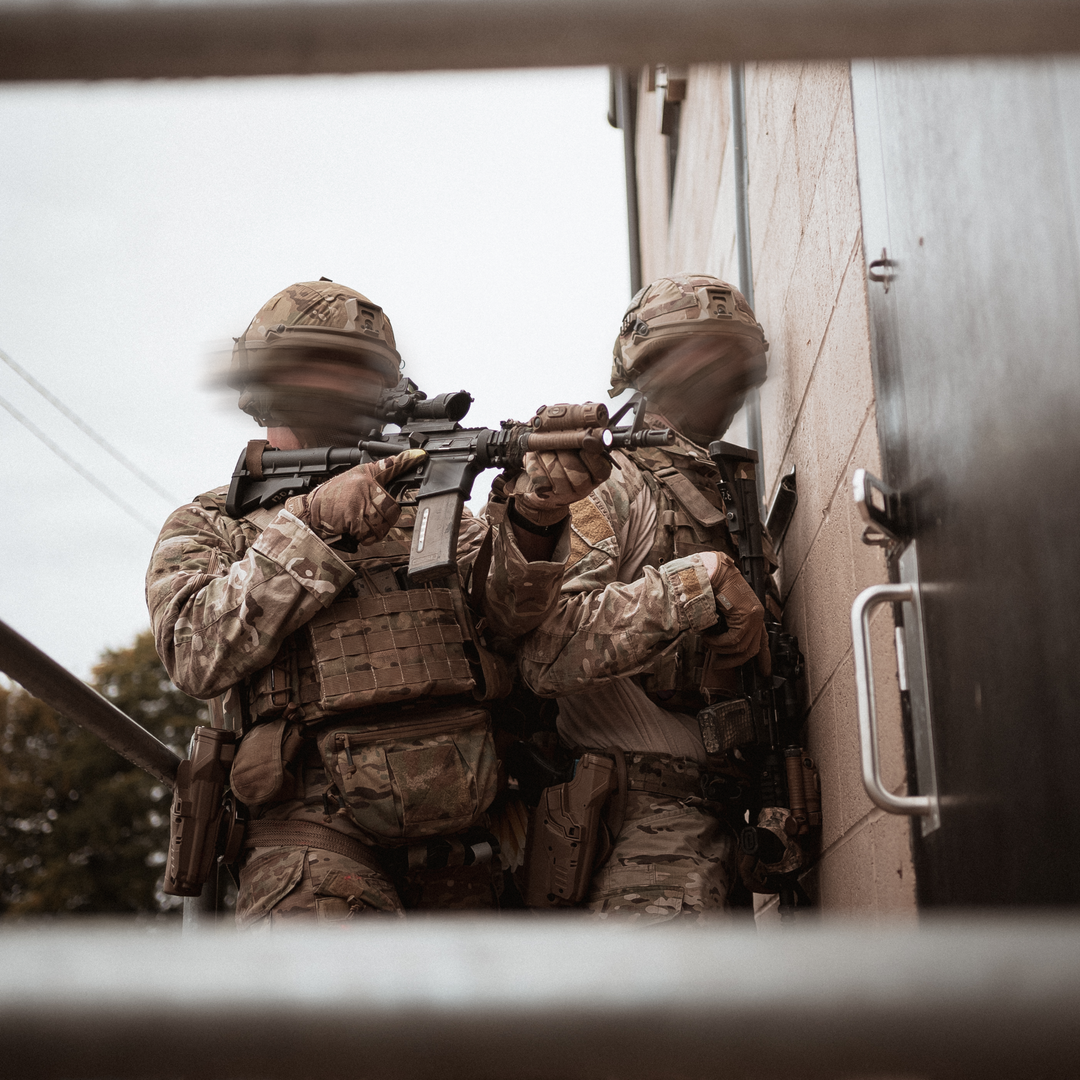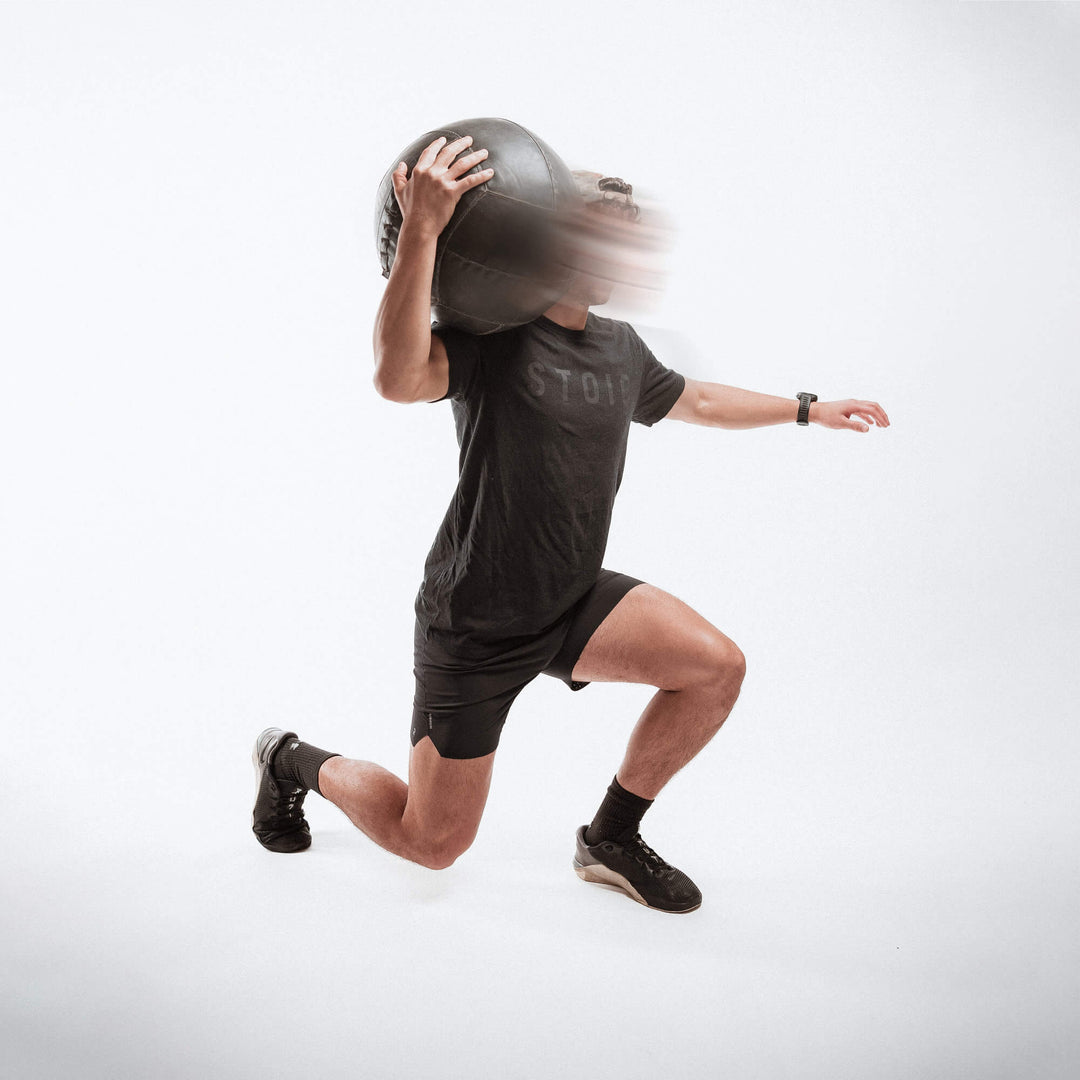8 WAYS TO OPTIMISE YOUR SLEEP

Due to the professional requirement of being capable under fatigue and stress whilst in a kinetic environment, using sleep deprivation in a training environment is the closest variable we can control in order to mimic the psychological stresses of combat.
It is therefore reasonable to assess that the discipline of sleep is consistently disrupted amongst the tactical population. With this assessment in mind, the objective of this article is to address the basics of improving your sleep quality or what is clinically referred to as ‘sleep hygiene’. In order to both; get more out of the sleep time you have and to mitigate the effects of lack of sleep.
The information below has been grouped up into easily actionable advice for your efficiency.
Habitual:
Have A Regular Bedtime and Waking Time
Having a regular bedtime and waking time (even on weekends) uses both the power of habit and allows you to take advantage of your natural circadian rhythm.
Use cool temperatures to help you sleep
Warm temperatures at night and cold temperatures during the day inhibit your ability to fall asleep. Whenever possible opt for cool at night and warm during the day, a simple fix is opening your window a fists width at night to allow for cool air circulation.
Light Exposure:
Sleep in absolute darkness
Too much light in your bedroom can keep you from sleeping. Block light from outside and cover or unplug electronics that emit light as even when you’re asleep, your brain can sense light exposure through your eyelids.
Avoid blue light at night
Turn off all computers and phones one hour before your habitual bedtime. These devices decrease the production of melatonin, the sleep hormone. Dim your lights, read a book, write a journal, meditate or reflect on the day.

Training:
Train in the late afternoon if possible
Between 3 and 6 p.m. is the ideal time for physical performance because body temperature is elevated and protein synthesis peaks around this time. Training in the evening is not ideal for sleep as this suppresses melatonin and elevates cortisol. Early in the morning is better than late evening, however, performance is poorest at this time because body temperature and coordination are reduced.
Train Smart
Too much intense exercise, particularly when paired with a stressful life or poor nutrition can elevate cortisol and lead to circadian imbalances. If you actively promote recovery and have your stress in check, this is unlikely to be a problem.
Nutrition/Supplementation:
Get enough Vitamin D
Studies show raising Vitamin D levels to between 60 and 80 ng/ml can reduce insomnia and improve sleep. Vitamin D works because the part of the brain that is responsible for sleep has a large concentration of vitamin D3 receptors, and when D is absent, sleep is disrupted. To learn more about supplementation for the Tactical Athlete take a look at our article Supplementing The Tactical Population: The Foundational Three.
Avoid Caffeine in the PM
Caffeine is a powerful performance enhancer that can make all the difference when you need to perform but are on low sleep. A caveat to this would be to avoid caffeine in the p.m. as its consumption can increase the stress hormone cortisol, reducing the ability to sleep many hours later.




